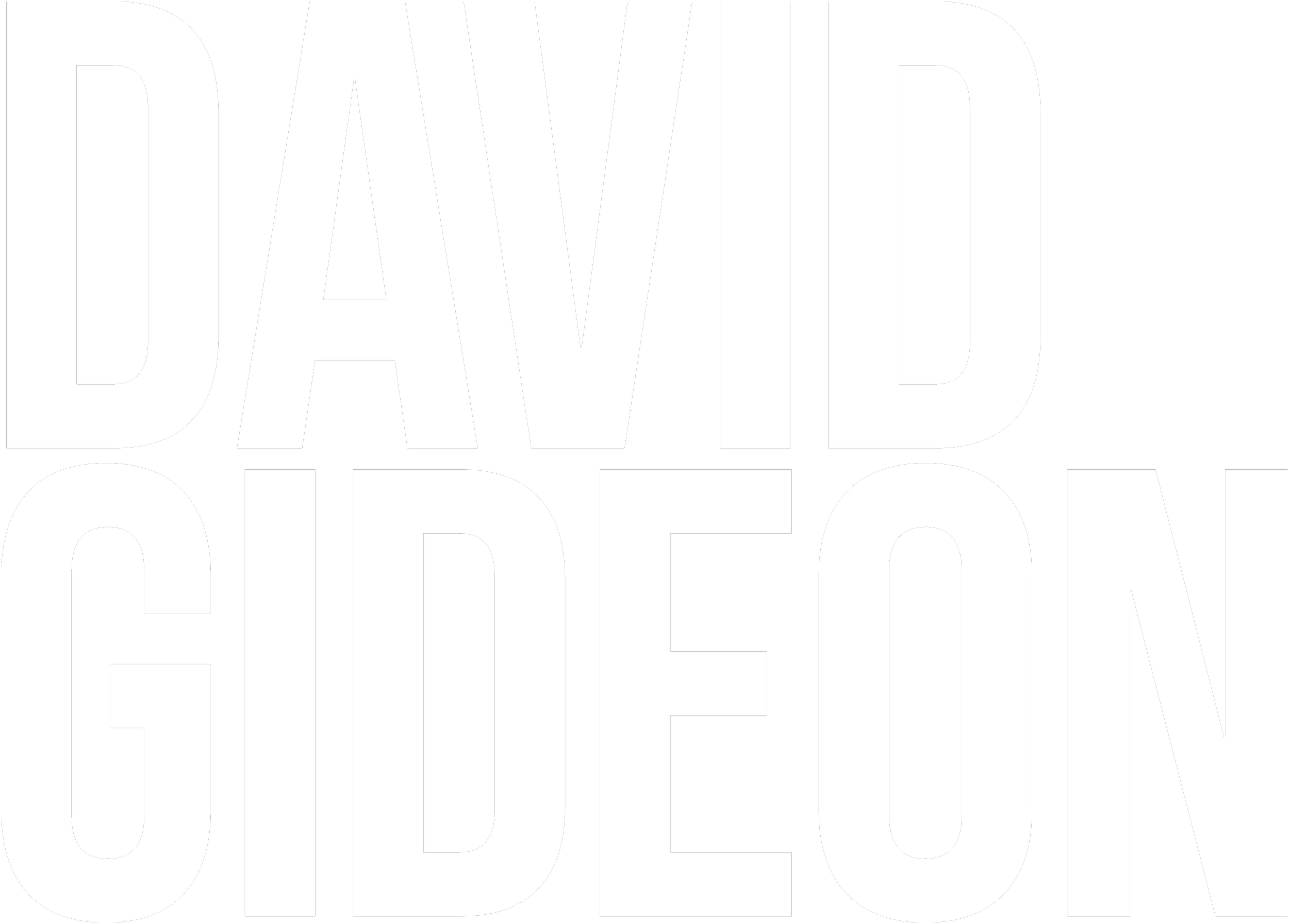“The lines are not important”. Lee Strasberg actually said this, out loud and often. What is rarely reported is how he went on to describe the way in which they should be seen in the context of our craft. This has led to many misperceptions and abuses. I have heard actors paraphrase (they also erroneously call this improvising), and even go off the lines altogether in the name of “the lines are not important”.
If this is coupled with a prevalent trend in film making in which actors are not only allowed to rewrite lines, but also encouraged to add their own thoughts to dialogue, the art of bringing a writer’s lines to life is bound to degrade. I am sure that Method Acting’s rehearsal technique of speaking out the subtext has, to some degree, added to this. To the incompletely trained actor or director, the reality brought out by speaking out is very seductive. And then it is supported, encouraged, and made valid by Lee’s incompletely understood statement.
I realize that film operates within a totally different structure, but not too long ago I appeared in a film in which some lines were actually called out to me by the writer. After a successful “take” of the scene as written, I was approached by the writer and director with additional dialogue. Instead of asking me to memorize the new lines, I was told that the writer would lie out of frame at my feet and call out the new lines that I would immediately repeat. His voice would then be digitally removed in the editing room. The fact that the star of the film works this way with this writer added to the acceptance of this by almost everyone on the set. None of this would be tolerated in the theatre. A playwright would never stand for it. Indeed, even the speaking out rehearsal technique is often discouraged by a writer who is not familiar with it.
Lee actually expected us to be letter-perfect in our lines. From the very beginning of our training he repeated the we “had to know our lines so well that we could rattle them off thoughtlessly and with out punctuation”. The manner in which he used monologues as a training device relies on this. He was also adamant that the writer’s lines should absolutely be respected. I was fortunate enough to listen in to a couple of conversations about this between Lee and his good friend, Pulitzer Prize winning playwright Sidney Kingsley (“Men In White”, “Dead End”, “The Patriot”), in which Lee acknowledged that, “the dedication to the writer’s lines is inviolate”. Then what did Lee mean by saying that they weren’t important?
To most people, including beginning actors, the lines are almost everything. Often the first thing asked by friends, acquaintances, and even family, when they discover that someone is an actor is “how do you remember all those lines?” That’s how much importance is placed on them. By the way, if this were true then anyone with a good memory would be a good actor, and we know that that isn’t true. Even experienced actors often feel lost onstage if they “go up” in their lines. Audiences can almost feel the actor’s panic as that actor tries, desperately, to remember them. Many teachers still teach that the lines are an onstage lifeline. “Remember your lines and you will be safe. Forget them and all is lost”, seems to be a prevailing element of craft that is still being taught.
In what might seem like a contradiction, Lee also taught us that we couldn’t become truly free and responsive in our acting until we were “off book” and thoroughly knew our lines. Even our “speaking out” rehearsal technique only becomes fully effective when we are secure in our lines. But here’s the catch, we also had to make the situation of the scene real to ourselves, and find the activity in the scene by answering the question, “what would I be doing here if the scene did not take place?” I’ll go into this in more detail in another post but, for now, keep in mind that Lee taught us that when we found the activity we must follow it even as the scene unfolds unless something were to take place to interfere with it. And the moment the interference is resolved or removed we must return to our activity.
With these elements in place, the situation and the activity become the actor’s onstage lifeline. If lines are momentarily forgotten, or if the actor becomes momentarily confused, it will not be apparent to anyone because the actor will still be living and behaving within the situation of the play, and functioning and doing the scene’s activity. If another actor delivers an incorrect cue, or drops his/her own lines, it will have no impact as long as the actor stays focussed and immersed in the situation and the activity. This will also give the actor enough time onstage to sort through and resolve the difficulty.
So, “the words are not important” as long as we know them perfectly and absolutely. They also take a back seat to behavior and activity. If an actor is relying on the lines, and those lines are out of reach, everything comes to a stop while the actor tries to remember. If that actor is relying on situation and activity, then the behavior and the acting continue while the actor recovers. I remember marveling at this when I was in Lee’s class. It seemed so obvious and gave us so much freedom onstage.
Make sure you are letter-perfect in memorizing your lines. It will free you to attend to all of the other tasks onstage. And when in doubt, always continue or go back to your activity. After all, you know your lines.
